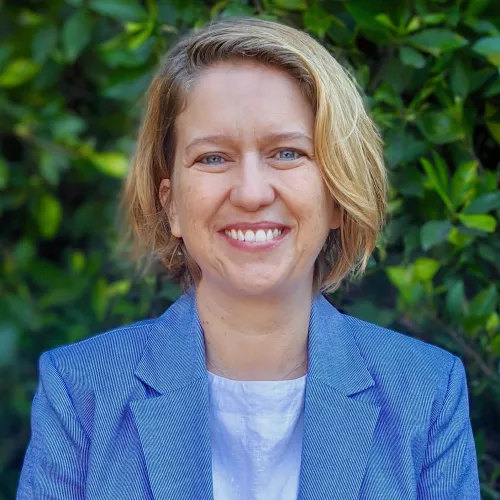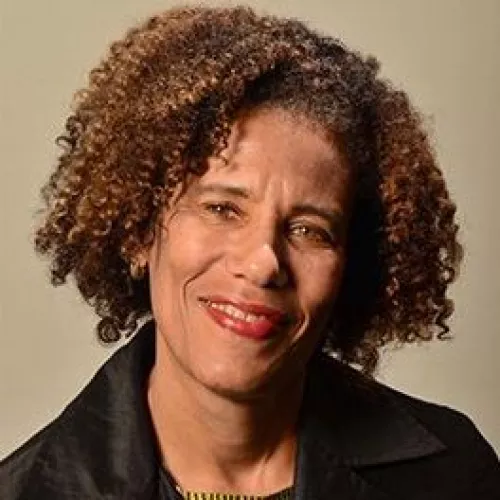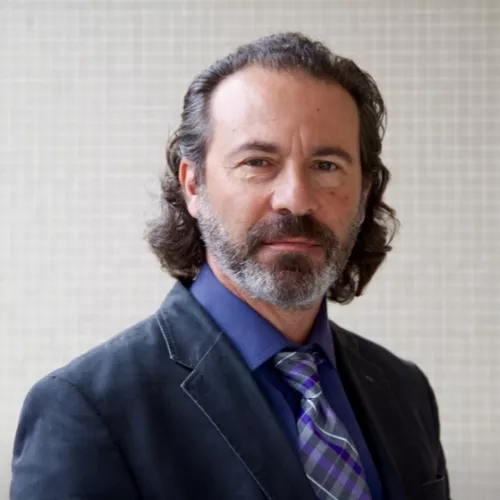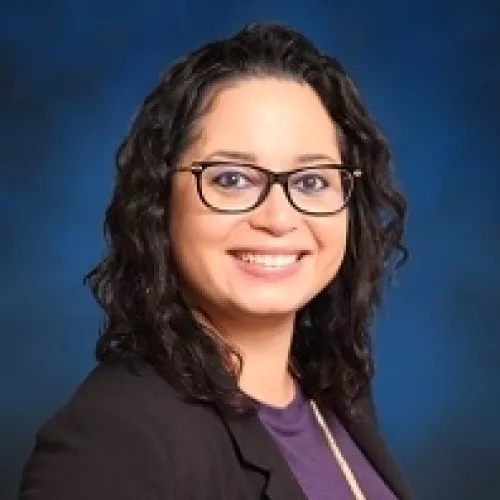Featured Projects
Addressing unfinished learning in mathematics: Games for Access to Mathematical Engagement (GAME)
During the COVID-19 pandemic, students in California fell behind in math. Working closely with the Santa Barbara Unified School District, Dr. Rachel Lambert’s project aims to help students succeed in math through strategic support and games, rather than the typical skill and drill. Third and fourth graders are given the opportunity to play non-digital math games multiple times a week to see if their skills improve.
Post-acute sequelae of SARS-CoV-2 infection (PASC) as accelerated disability and need for health services in older adults with baseline impairment
This project investigates the connection between long-COVID and disability in California’s aging population. By analyzing data collected prior to and throughout the COVID-19 pandemic on functional and cognitive ability, use of health and support services, ability to work and receipt of disability benefits, Dr. Himali Weerahandi’s team aims to understand whether COVID-19 causes older adults with pre-existing impairments to need more health services compared to those not infected with COVID-19 or without baseline impairments. Their research will help state agencies anticipate emerging trends and inform policy to ensure that the resources these individuals need to live and thrive in the community are available.
California Pacific Islander Well-being And COVID-19 Economic Survey (CAPIWAVES)
Native Hawaiian and Pacific Islander (NHPI) populations faced the highest COVID-19 case and death rates compared to any other racial or ethnic group in California, but data on the mental health and socioeconomic impacts of this disproportionate burden are lacking or hidden under aggregated “Asian/Pacific Islander” categories. In a project that spans two CPR3 priority research areas entitled California Pacific Islander Well-being And COVID-19 Economic Survey (CAPIWAVES), Dr. Brittany Morey from UC Irvine and her team are working with NHPI community-based organizations to address this data gap by conducting surveys among NHPI communities that explore the mental health and socioeconomic impacts of the COVID-19 pandemic.
Identifying the effect of housing policy on mental health outcomes among low-income renters and their children during the COVID-19 pandemic
The COVID-19 pandemic led to increased housing insecurity among marginalized and low-income communities. Dr. Qingfang Wang and team are working to define the relationship between housing insecurity and mental health and evaluate the impact of the Federal Emergency Rental Assistance (ERA) programs on renters’ mental health during the pandemic. Using national databases, this project will include over 70% of California’s population. Dr. Wang’s team hopes to identify the varying impacts of place-based policy implementation and community vulnerability.
Guaranteed Income as a Perinatal Equity Intervention: Evaluation of the Abundant Birth Project expansion through the San Francisco Bay Area, California
Acknowledging the connection between the rise in economic inequality and maternal and infant health disparities during the pandemic, Dr. Anu Manchikanti Gomez’s team is collaborating with the Abundant Birth Project (ABP) California (CA) to advance maternal and infant health equity for Black communities by addressing economic inequality during pregnancy and across the life course. The ABP CA provides unconditional, monthly income to pregnant and postpartum people across the state and is expanding to counties in the San Francisco Bay Area. Dr. Gomez and team will use a rigorous, community-driven approach to evaluate the implementation and impact of the ABP CA Expansion on improving financial and food security, and mental wellness among Black people.
Understanding changes in vaccine hesitancy and uptake in California Black and Latinx communities
Though some studies look at the historical reasons for medical mistrust among African American populations and other barriers to accessing the vaccine, Dr. Denise Herd's study focuses on the rapid increase in acceptance of vaccines seen in Black and Latinx populations since 2020. Dr. Herd and her team are exploring the role of local leaders and organizations in responding to the crisis in Black and Latinx communities and how they communicated about COVID-19 to create model approaches for improving vaccine acceptance and future public health campaigns.
Read more about this project at Berkeley Public Health: Professor Denise Herd secures $100,000 grant to study vaccine hesitancy in Black and Latinx communities
Recovery Pending Revolution: youth artists of color as agents of recovery and readiness
To investigate innovative communication strategies and help promote resilience among communities, Dr. Dean Schillinger of UCSF is partnering with Youth Speaks, a community-based youth arts and empowerment organization in his CPR3-funded research. Dr. Schillinger’s project will assess the use of arts-based programs as a tool for equitable pandemic recovery and preparedness among youth of color. This project aims to enhance California’s ability to connect with marginalized communities.
Promoting Mental Health Equity in Orange County, CA: The Role & Vision of Community Health Workers and Navigators
One of CPR3’s funded projects that exemplifies community engagement and inclusion is Dr. Alana LeBrón’s study out of UC Irvine investigating community-based mental health promotion strategies. During the proposal evaluation process, reviewers highlighted not only the project’s technical rigor but also the clear commitment to centering communities as major strengths of Dr. LeBrón’s research plan. From offering interviews in English and Spanish, to providing childcare to participants during data collection and dissemination events, to giving community health workers a leading role in the work and financially compensating community partners, Dr. LeBron’s project is grounded in and tailored to community needs.







